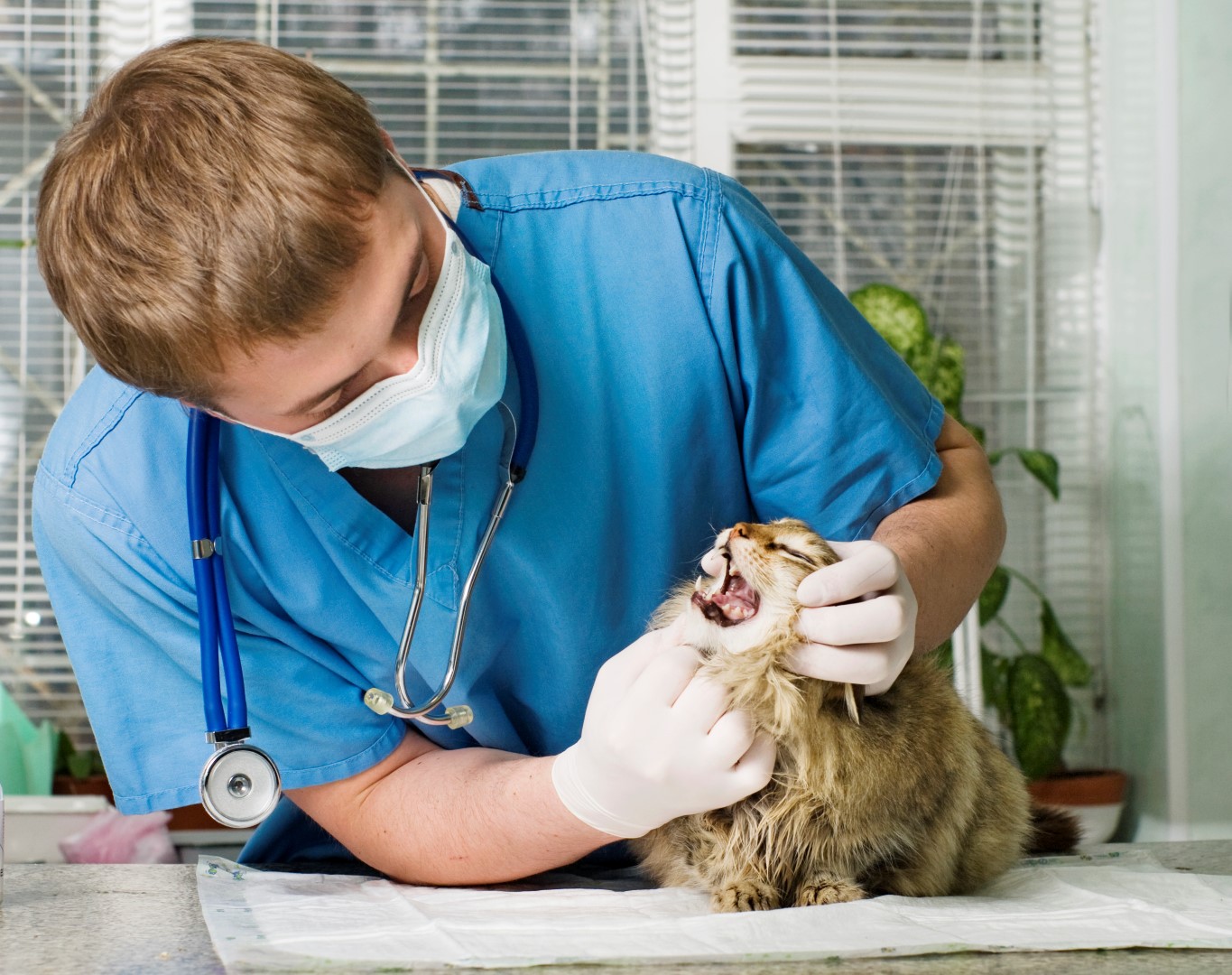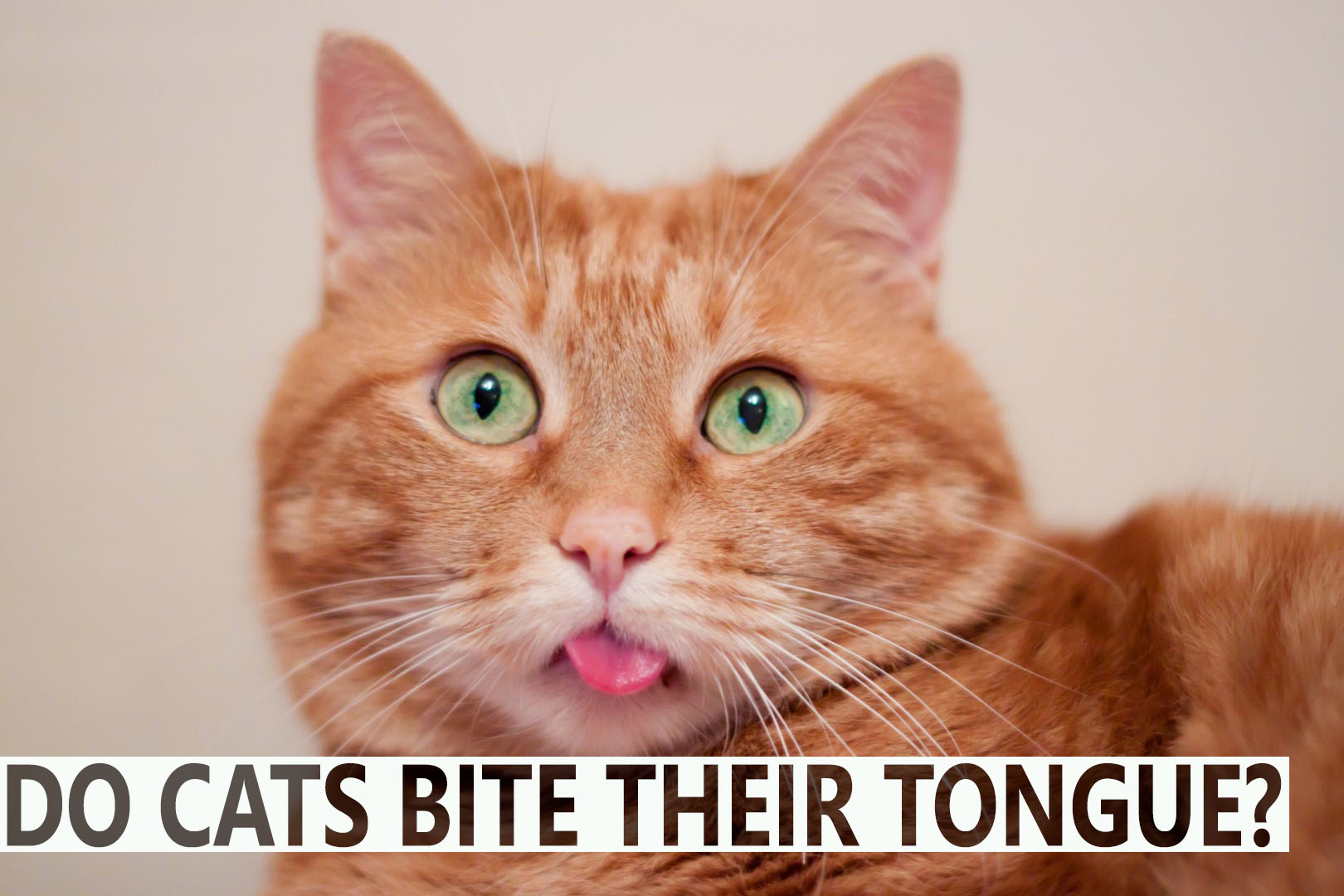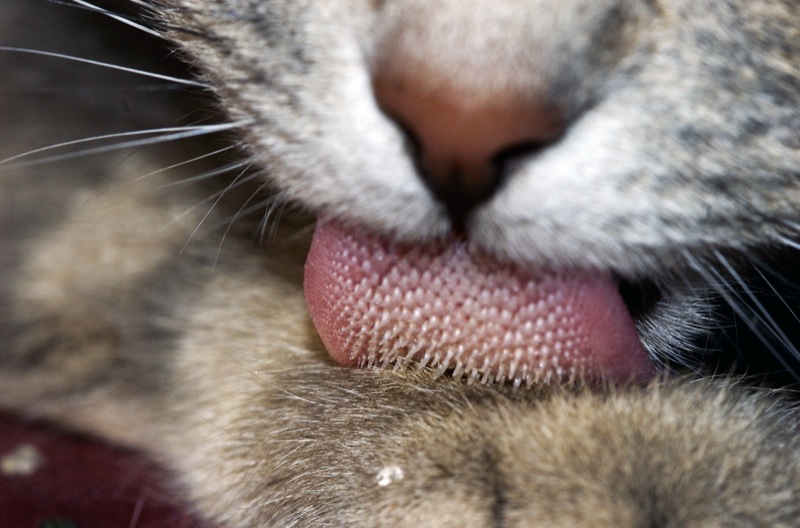Do cats ever bite their tongues accidentally? This is a puzzling question that baffles many kitty owners especially when they have a sneak peek of the array of razor sharp teeth studded in their cute little mouths.
Teeth that look like they can inflict some serious damage to the supple, super-sensitive, pink tongue.
Well, if you have ever gotten caught eating too fast, scarfing down your favorite chips in a hurry or even bumped your head accidentally against the wall. Then you're probably familiar with the stinging pain after biting down your tongue inadvertently.
It hurts, but more importantly, it's quite confusing and perplexing that you could inflict such damage to yourself.
But does the same happen with cats?
1. A Look at Your Kitty's Tongue
A majority of us can recall the startling sensation vividly when our cats first licked us. Unlike a dog's soft and almost slimy tongue, a cat's tongue has quite some rough edges.
The sandpaper sensation is so much unlike the timid and meek nature disposition of our furry friends. But there's a reason for this.
A cat's tongue, contrary to a dog's or any other domesticated mammal, consists of numerous backward-facing barbs or papillae that give it that sandpaper-rough sensation.
These barbs serve a few important functions including making it easier for the cat to scrape off meat from the surface of the bones of their prey.
The papillae also aid in the collection of debris, dirt and loose hair when your kitty is grooming themselves. However, the barbs also make it dangerous for your cat to lick on yarn, tinsel, or loose threads as they won't be able to spit it off.
Your kitty's tongue also has comparatively fewer and less active taste buds than ours. So, it cannot taste sweet or salty, which is why it makes very little to no difference on whether their food is flavored or not.
Your cat will also use their tongue to cool themselves by constant grooming, especially during hot weather. So, clearly, there's no denying that cats use their tongues more than we do.
2. Cat's Biting Their Own Tongues
This happens more occasionally than you would think. For starters, cats are evolutionary relatives of their distant cousins in the wild such as the African lion and the Asian tiger.
These are cats which thrive primarily on their killer instincts and basically inhaling down their food fast before scavengers circle around. In the same light, a cat is inherently evolutionary programmed to eat their food within the shortest time possible.
In the course of chowing down their food, they are bound to hurt themselves, and this happens occasionally.
Secondly, domestic cats - like their counterparts in the wild - will occasionally get involved in territorial feline claw-filled brawls.
These fights at times end up with snapped and broken teeth which will later nip their tongue while feeding. Cat's are also known to snap and bite their teeth while sleeping especially if rudely awoken.
3. What To Do If This Happens
More often than not, such self-inflicted injuries will just heal on their own. However, repeatedly biting down on their tongue could easily result in a series of infections if left untreated.
One of the best ways of telling when your little kitty has hurt their tongue is by looking for tale-tell signs of excessive drooling or incessant pawing at their mouth or face and an unwillingness to eat their food.
In such a case, don't attempt to inspect their mouth forcefully.
Instead, take your cat to the nearest vet.

A professional veterinarian will have to restrain the cat first before attempting to pull their tongue out and inspect the injury thoroughly. Also, he may have to draw blood or take a quick culture of the self-inflicted wound to check for infection.
At this stage, it is necessary to give your cat's vet as much information about the injury as you can.
For instance, when was the first time you noticed that your cat had hurt themselves? Also, for how long have they been bleeding and too sore to take their meals normally?
Is the sore tongue affecting other aspects of his socialization? etc
Cat tongue injuries are ordinarily treated with simple antibiotics, but if they have seriously injured it, a trip to the vet is the best course of action.




[…] If you’ve ever wondered why your cat doesn’t appreciate sweet treats, then you should know that cats cannot taste sweetness. […]